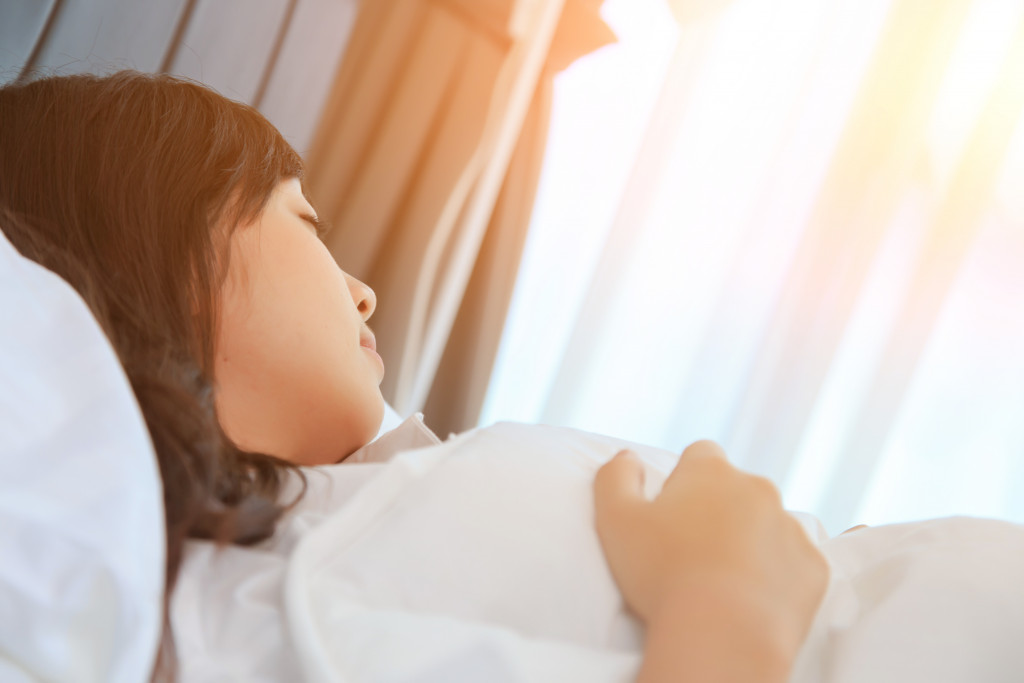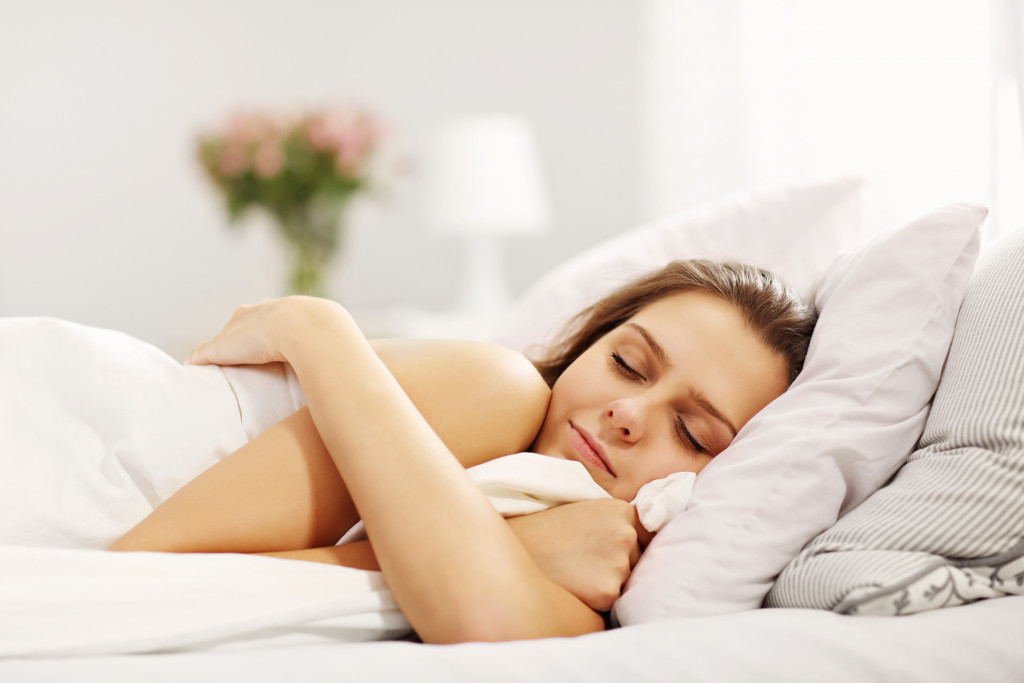Women’s health experts believe that sleep is essential for physical and mental health. Getting the right amount of sleep alleviates a woman’s mind and mood and does wonders in keeping health issues at bay. This is likely because women experience hormonal changes brought on by pregnancy, menopause, and menstrual cycles. Some experts believe that women may require more sleep than men do. It is suggested that this is because women are relatively more disposed to multi-tasking and expend more brain energy throughout the day.
On average, healthy adults need about 7-9 hours of sleep every night — and a little more for pregnant women. Sleep is our body’s chance to rest and recover from everyday stress and activity. Sleep disorders common to women, like sleep apnea, insomnia, and restless leg syndrome, cause drowsiness during the daytime, making concentration, activity, and exercise more difficult, thus affecting physical and mental health. If you’re having trouble sleeping, there are lifestyle changes you may follow and get the rest your mind and body need.
Common Sleep Problems among Women
Sleep studies have found that women are more prone to sleep problems like insomnia than men. This is likely because women experience hormonal changes brought on by pregnancy, menopause, and menstrual periods.
Insomnia. In the US, about 25% of women suffer from insomnia — being unable to sleep or maintain sleep. Insomnia, typical among individuals who suffer from depression and anxiety, occurs more frequently in women than in men.
Restless leg syndrome. This is a disorder where a person feels the strong urge to move their legs because of creeping or tingling discomfort felt on these limbs. Moving the legs seems to alleviate the discomfort, though the relief is fleeting. RLS, also more common among women than men, can be experienced at any age but is most frequent during pregnancy.
Sleep apnea. This medical disorder refers to the intermittent stops and starts of breathing during sleep. Snoring throughout sleep and the unexplained feeling of tiredness during the day, even after a full night’s sleep, are some common signs that you might have sleep apnea.
Causes of Sleep Problems among Women
Menstrual cycle disorders. Women who experience PMS (premenstrual syndrome) commonly report sleep difficulties, as with those who suffer from PMDD (premenstrual dysphoric disorder) — the more serious version of PMS. Symptoms of PMDD include irritability, anxiety, or depression right around the start of a woman’s period.
Pregnancy. The first trimester of pregnancy is marked with vivid dreams that may cause wakefulness. A pregnant woman in her third trimester, on the other hand, will typically experience frequent sleep disturbances due to discomfort, baby’s movements, leg cramps, or the frequent need to urinate.
Menopause and Perimenopause. The years leading up to menopause and menopause itself are when women frequently experience night sweats or hot flashes. This discomfort causes wakefulness, as do the changes in hormones that a woman’s body undergoes in these phases.
Tips for Better Sleep

To improve sleep, you can follow the following expert advice:
- Strive to set regularity in your bedtime and wake-up time. Soon enough, your body will get used to these times.
- Avoid taking afternoon naps beyond 3 PM, so it will be easier to sleep in the evening.
- Avoid smoking, caffeine, and alcohol a few hours before bedtime.
- Regular exercise will help regulate stress hormones. However, do not engage in exercise or strenuous physical activity too close to your bedtime. Doing so may upset your normal core body temperature and circadian rhythm. Experts recommend keeping exercise at least 6 hours apart from your hour of sleep, especially if you suffer from insomnia.
- Avoid food and drink intake at least 3 hours before sleeping.
- Make your bedroom conducive for sleeping by keeping it dark, quiet, and in normal temperatures.
- Engage in relaxing activities as you prepare to bed, such as reading, soft music, or a warm bath.
- If you cannot sleep after 20 minutes of lying down, engage in a quiet activity such as reading and then try again.
- Remove all distractions from near the bed, especially during bedtimes. Keep your phones away and TV and computers off.
Sleep is essential for women’s physical and mental health. They are more prone to sleep disorders like insomnia, restless leg syndrome, and sleep apnea than men are, due largely to hormone changes brought on by menstruation, pregnancy, or menopause. To help yourself sleep better, there are a few lifestyle advice that you can take.
